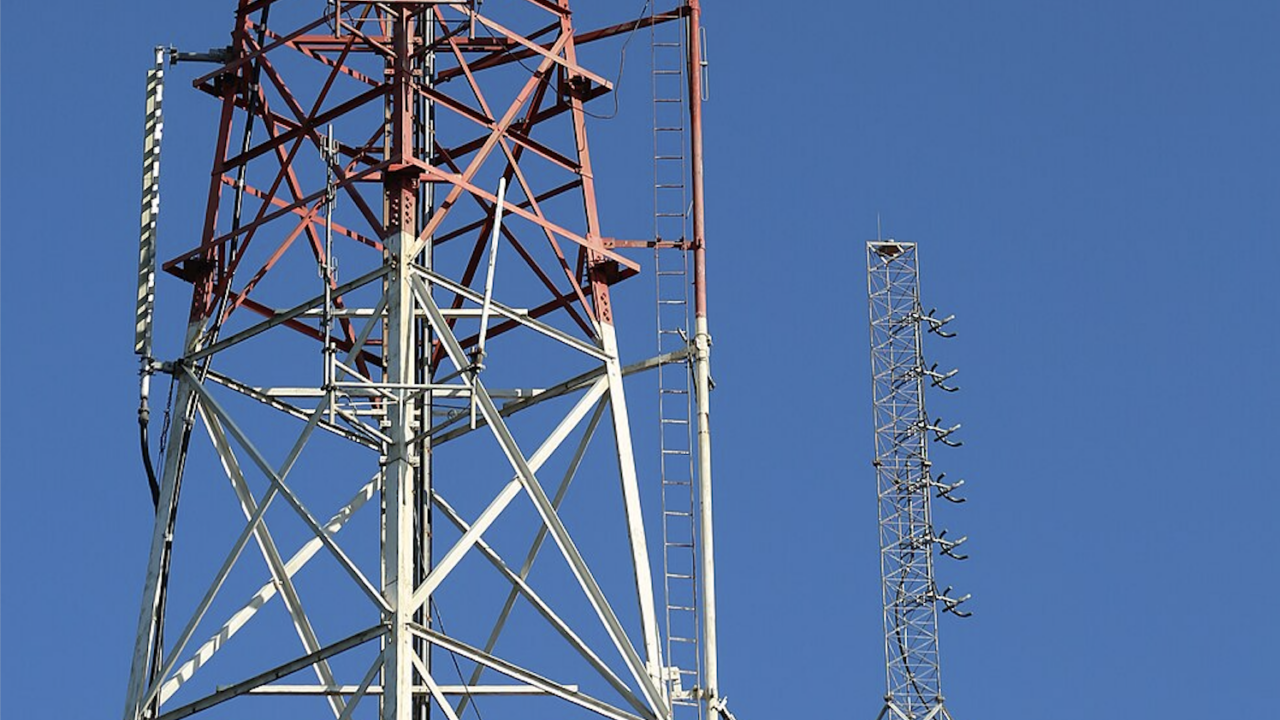
Cruz, Thune Lead on Spectrum
By James Erwin
It’s finally here. Shortly after the one-year anniversary of the FCC’s spectrum auction authority expiring on due to congressional inaction, Senators Ted Cruz (R-Texas) and John Thune (R-S.D.) introduced a bill to remedy this dysfunction.
The short, five-page bill would finally restore the FCC’s auction authority until September 30, 2027. This will allow the agency to commercialize more of the radiofrequency spectrum, helping American innovation while generating non-tax revenue for other telecom priorities. Historically, these have included such uses as helping to fund Rip and Replace for equipment made by hostile foreign powers and to help compensate incumbents who need to move out of the bands that are licensed via auction. This bill obligates as much revenue as is needed to pay for relocation costs.
Senator Thune, the Senate Minority Whip and a former chairman of the Senate Commerce Committee, touted the economic benefits of commercializing more spectrum:
This legislation restores the FCC’s auction authority, and, in doing so, it ensures that crucial mid-band spectrum is made available for commercial 5G and advanced Wi-Fi use, which is a win-win for American entrepreneurs and consumers. I look forward to working with Senator Cruz and my other colleagues to advance this important and much-needed legislation.
The legislation also creates a spectrum pipeline by directing the head of the National Telecommunications and Information Administration (NTIA), which oversees government use of spectrum, to identify at least 2500 megahertz used by the federal government for reallocation to the private sector or for shared government and non-government use. At least 1250 MHz of this must be auctioned for exclusive licensed use by wireless ISPs and carriers, while 125 MHz is reserved for unlicensed uses such as WiFi. The NTIA administrator is required to identify half of the 2500 MHz within two years of enactment and all of it within five years.
The FCC is then required to auction at least 600 MHz of the licensed tranche within three years and the remainder within six. NTIA is not precluded from identifying more spectrum for auction in this period, so more than half of the reallocated spectrum can ultimately be licensed; up to half may be unlicensed. Whatever remains unlicensed can also be shared.
The federal government currently sits on 3300 MHz of prime mid-band spectrum, far more thank the private sector. Though direct comparisons are inapt since power levels vary widely for different uses, the feds can stand to share some of their real estate. Historically, the Department of Defense has held onto large swaths of radiofrequencies while refusing to say what they use them for. No doubt much of this information should remain classified, but one becomes suspicious when every report published on the matter is hidden from the public.
As Senator Cruz noted, it is actually in the national security interest of the United States to commercialize more spectrum for innovation, from which DoD can then benefit. We at Digital Liberty might have preferred some of the bill’s language to be stronger in this regard, but NTIA’s clear mandate to find government spectrum that can be put to better use and issue detailed reports is a welcome start. We would also have preferred a shorter timeline to execute certain aspects — NTIA has been studying some of these bands for years, so restarting from scratch could be a waste of time.
There is much more work to be done, but given that both the former and possible future chairmen of the committee led this effort, there will likely be opportunities to improve the bill through the committee process. Regardless, auction authority urgently needs to be restored and the introduction of his bill takes a step in that direction. Senators Cruz and Thune deserve credit for taking the lead on an urgent but often overlooked national priority.
Read the full text here.